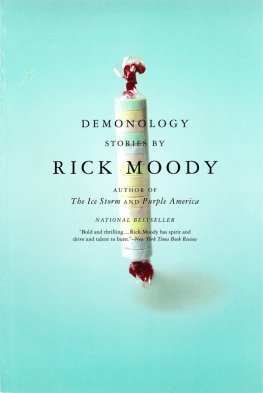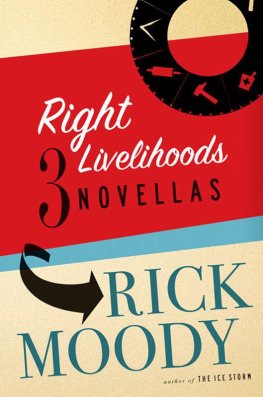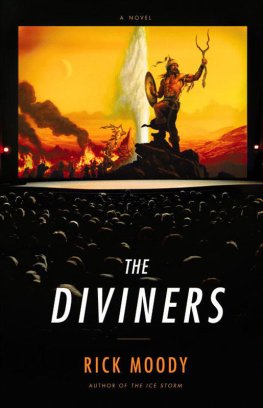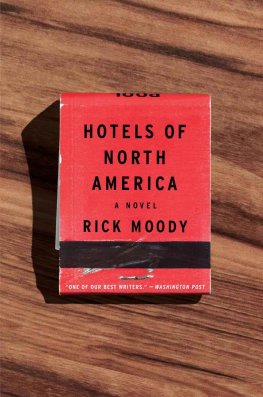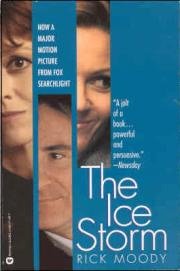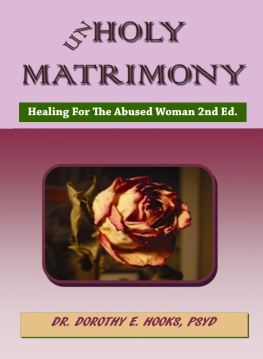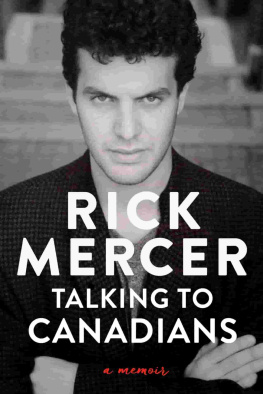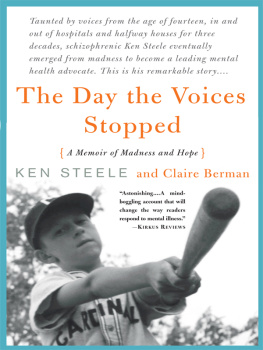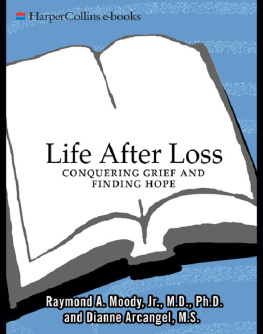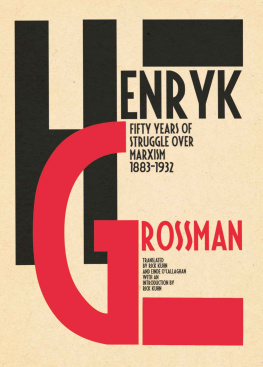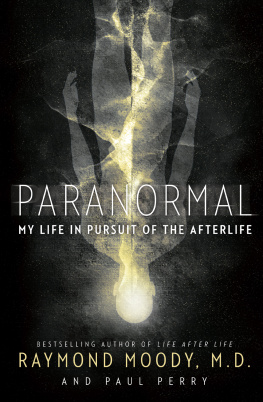Rick Moody - The Long Accomplishment: A Memoir of Hope and Struggle in Matrimony
Here you can read online Rick Moody - The Long Accomplishment: A Memoir of Hope and Struggle in Matrimony full text of the book (entire story) in english for free. Download pdf and epub, get meaning, cover and reviews about this ebook. year: 2019, publisher: Henry Holt and Co., genre: Art. Description of the work, (preface) as well as reviews are available. Best literature library LitArk.com created for fans of good reading and offers a wide selection of genres:
Romance novel
Science fiction
Adventure
Detective
Science
History
Home and family
Prose
Art
Politics
Computer
Non-fiction
Religion
Business
Children
Humor
Choose a favorite category and find really read worthwhile books. Enjoy immersion in the world of imagination, feel the emotions of the characters or learn something new for yourself, make an fascinating discovery.

- Book:The Long Accomplishment: A Memoir of Hope and Struggle in Matrimony
- Author:
- Publisher:Henry Holt and Co.
- Genre:
- Year:2019
- Rating:4 / 5
- Favourites:Add to favourites
- Your mark:
- 80
- 1
- 2
- 3
- 4
- 5
The Long Accomplishment: A Memoir of Hope and Struggle in Matrimony: summary, description and annotation
We offer to read an annotation, description, summary or preface (depends on what the author of the book "The Long Accomplishment: A Memoir of Hope and Struggle in Matrimony" wrote himself). If you haven't found the necessary information about the book — write in the comments, we will try to find it.
The Long Accomplishment: A Memoir of Hope and Struggle in Matrimony — read online for free the complete book (whole text) full work
Below is the text of the book, divided by pages. System saving the place of the last page read, allows you to conveniently read the book "The Long Accomplishment: A Memoir of Hope and Struggle in Matrimony" online for free, without having to search again every time where you left off. Put a bookmark, and you can go to the page where you finished reading at any time.
Font size:
Interval:
Bookmark:
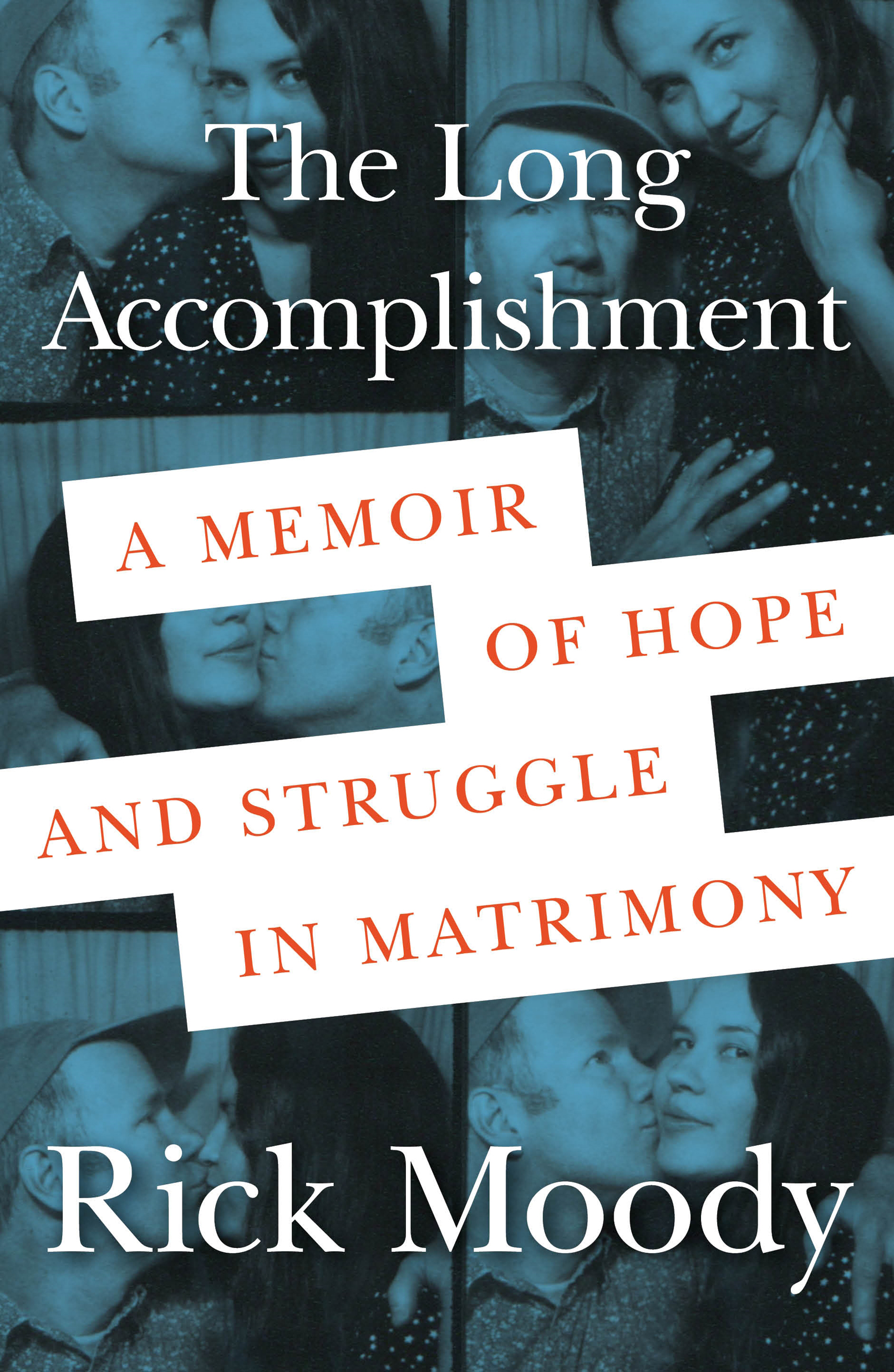

The author and publisher have provided this e-book to you for your personal use only. You may not make this e-book publicly available in any way. Copyright infringement is against the law. If you believe the copy of this e-book you are reading infringes on the authors copyright, please notify the publisher at: us.macmillanusa.com/piracy.
For LKN, HJM, TFNM, eilfu
In order to have a second marriage you can believe in you may have to fail at your first marriage.
I failed spectacularly at mine.
It is not my place, here at the outset, if ever, to evaluate for you the way that my wife behaved in my first marriage, though because marriages are intricate, dynamic, complex relationships, you would not unreasonably infer that she played her part. This is in the nature of things. Failure is often as collaborative as success. Instead my job here is to discuss briefly what role I played in that failure, before going on to tell you about redemption in difficult times, redemption undeserved, redemption so unforeseeable as to appear to require a belief in grace.
I am writing down these first lines because they are the beginning of the story, though I am still not inclined to cherish the particulars of my conduct where my first marriage is concerned. I did not rise to the occasion of matrimonial language, the beautiful, powerful vows that go with the enactment of marriage. I, who care about language, did not prize the language, but rather ignored it.
I remember reading an interview with John Cheever in my early years as a student, in which Cheever says (in The Paris Review, I believe) that there are certain lies that everyone understands to be lies but that are still useful to civilization as moral ideas, compasses with which we might navigate the storms of our being. Among these, according to him, are the vows of marriage. I found this remark, made by a married person himself, painful to contemplate, but also somehow compellingly frank. My own parents, it seemed to me when younger, should not perhaps have been married, and they were wise to get out of the business of marriage while they were still in their thirties, waiting to remarry until they were certain they had settled down some. Theirs was not a marriage that indisputably reassured about the sturdiness of the institution, and that was what I knew from earliest childhood, the sadness, anger, grief, and isolation of a marriage that had endured beyond what was practicable. I love both of my parents, and I have often marveled in my adulthood at what a good job they did in remarriage. But I saw them express affection toward each other, while married, infrequently enough for it to be both surprising and hard to remember in any detail. Though one can presume, on the basis of their three children (my brother, my sister, and myself) that some kind of love took place at some point in the late fifties and early sixties, I knew little about it.
This was one factor in the tremendous reluctance I had about marrying in my twenties and thirtiesthe ache of the history of my own parents and their separation. My parents divorced after thirteen years. Meanwhile, my mothers mother, whose acute alcoholism was the end of her in her sixties, after multiple hospitalizations, was effectively bedridden in a sort of nineteenth-century-novel way during the later period in which her husband, my well-known grandfather, F. M. Flynn, helmed the New York Daily News. No one outside of the family knew of her suffering or her demise or of the barrenness of the marriage between them, at least in the later years of their union. Of my grandmother Flynn, I remember only that she had a nurse, and that she did the crossword puzzle assiduously each Sunday. We went to visit her some. But she (and my uncle, my mothers brother) died in the mid-1960s. I never got to know either of them well.
After his wifes death, my grandfather Flynn never remarried.
My fathers parents were similarly remote from each other (as I wrote some years back in a book called The Black Veil). They lived two floors apart, they kept to diurnal schedules that were very different (my grandfather went to bed at sunset, my grandmother stayed up till late), they had separate interests, they did not seem to communicate very much.
Was it because of all this suffering, however unintentional, that I understood nothing of monogamy? That I never even tried very hard to understand monogamy? Family history is perhaps part of it.
I can go back through my teens to romantic triangle after romantic triangle: the teenaged girl to whom I lost my virginity, at boarding school, who had also been involved with my roommate; a cherubic tenth grader I was seeing later in senior year who knew little about the sultry torch singer girl I was hooking up with; the long-term girlfriend in college who went on safari with her family to Kenya, whereupon I took up with a fellow intern at my summer job; my later girlfriend in college, who transferred to another school for a semester, which prompted an entire odyssey of extracurricular experiments with friends.
Under no circumstance did it seem that monogamy was an impulse that I wanted to explore, and it was not that I didnt love anyone with whom I was in a relationship at the time; more it seemed that I loved everyone, and could not bring myself to make a choice among them.
My first wife was someone I met in an improbable internet-ish sort of way after a rather traumatic breakup with a prior lover who had the temerity to refuse to be monogamous with me (she was bisexual, and wanted to keep it that way). My first wife seemed earnest and totally available, and she lived in Chicago, which was nowhere near where I lived in Brooklyn, and right from the start it was more of the same, for me, by which I mean both love and inconstancy, deceit and impulsiveness, failure at intimacy. I was often at the artists colonies, like Yaddo and MacDowell, and as often seemed to happen in those days, I could not but find that certain painter utterly charismatic, and I was only too happy to counsel that fellow writer about her own unhappy marriage, and so on. I aspired to do better, but I did not do better, and in this attenuated string of short-term indulgences and experiments, it seems now, there was little but selfishness and manipulation.
And then something really awful happened.
In November of 1995 (on All Souls Day, in fact, and almost exactly twenty years ago, as I write these lines, and from where Im working in New England, I can only look on the riot of almost excessively beautiful autumnal color and think of this sequence of events, as if its an old school film loop of hardships), my sister was putting her children to bed one night when she had a seizure, and her heart stopped, and no one was able to revive her. Had I put down here the necessary pages of a biography of my sister (older than me by three years, and possessed of two children, ages four and six at the time of her death), the gregarious, funny, winning, beautiful, short-tempered, self-destructive, frequently drunken, incredibly loyal, heartbreakingly devoted mom who was my sister, you would have a better idea what a shock this was to me and my family (which, for the record, also included, at the time of my sisters death, my just-married brother, Dwight, eighteen months younger than I, who would, with his wife, Colleen, go on to have three children, two of whom are now in college, and the third in high school). But suffice to say that at thirty-four I had never known the scourging of sudden loss. Of time and its depredations, I knew the turn of the seasons, and the getting older of the very old, and in that it seemed there was an order to life and death. My beautiful, outrageous sister, at age thirty-seven, should not have been subjected to this sudden turn of fate. And her kids, her wonderful funny kids (who are now my formidable and upstanding niece and nephew, fully grown), should not have had to suffer what they suffered through. The suffering should not have spooled out in front of them, piling up the complications and reverberations across the many years, in the way that it did.
Font size:
Interval:
Bookmark:
Similar books «The Long Accomplishment: A Memoir of Hope and Struggle in Matrimony»
Look at similar books to The Long Accomplishment: A Memoir of Hope and Struggle in Matrimony. We have selected literature similar in name and meaning in the hope of providing readers with more options to find new, interesting, not yet read works.
Discussion, reviews of the book The Long Accomplishment: A Memoir of Hope and Struggle in Matrimony and just readers' own opinions. Leave your comments, write what you think about the work, its meaning or the main characters. Specify what exactly you liked and what you didn't like, and why you think so.

